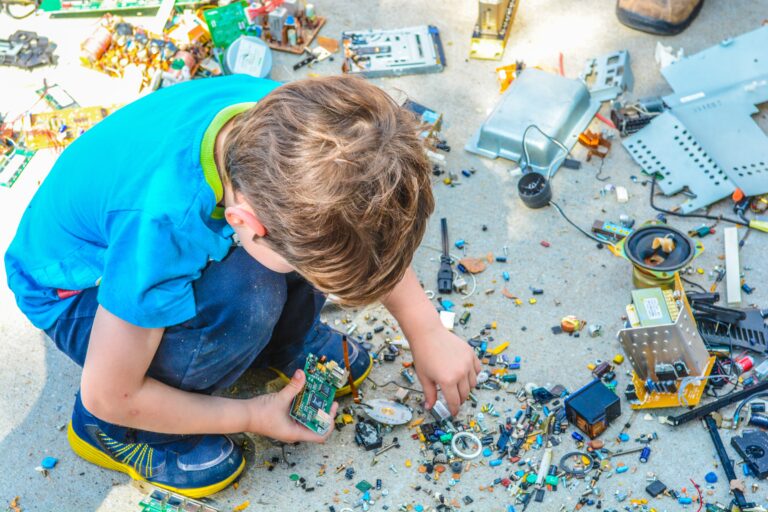We are closing in on the one year mark for pandemic living. Think about the impact of twelve months in the life of a child. Our families are starting to show signs of wear, and some are crashing hard. What can we do to help? Every single one of us, from pre-K through grandparents could use a break. Good news- there are self care strategies for the family that can boost your resilience and emotional immunity.
Every February I look forward to the Stress In America survey from the American Psychological Association. The survey often reflects trends I am noticing in my office. This year the results found that 84% of Americans are experiencing signs of prolonged stress. The symptoms identified were anxiety, sadness, and anger. It is noteworthy that two in three adults in the survey reported feeling overwhelmed with the number of issues America is facing right now. Stepping up our self care will soothe the overwhelm. If we practice self care as a family, the bonus is that our youngest members will build habits for their whole lifetime. This is a teachable moment.
Six Self Care Strategies for the Family
To simplify teaching self care to the children and teens that you love, I’ve separated the ideas into six core categories. Please don’t add to your stress by trying to hit all six categories. To begin, try at least one self care strategy every day. Practicing self care on a daily basis is linked to better mental health and more happiness. A big dose of these good things will definitely soothe our communal stress.
Emotional
Big feelings need a safe space to be expressed. Continue regular check-ins with your loved ones like “highs and lows” at the dinner table. Choose alternative ways to be still with your thoughts and feelings:
- Journaling or a doodle pad
- Meditation. Yes there are apps for that! (10% happier, calm, headspace)
- Gratitude. Write or share three good things from your day.
Physical
Last March whole families took nightly strolls to get fresh air. Let’s bring that habit back again. Sitting too long at computer screens drains our energy. And experiment with other ways to address physical needs:
- Bubble bath. Add more bubbles just for fun.
- Afternoon Nap. Naps are meant to be brief, just 20-40 minutes.
- Play with pets. Self care is important to our furry friends too. Their world changed in 2020 too.

Photo Credit: Kevin Jarrett/Unsplash
Mental
Adapting to the challenges resulting from working from home and the various changing school formats can fatigue our attention. Jazz up the brain power with some mental stimulation:
- Hobbies. Bring out the pandemic puzzles or dust off the Legos.
- Reading. Consider read aloud chapters for the whole family or schedule low tech “read ins.”
- Research. Are you curious about sloths or ponder travel in your future? Take a deep dive into a rabbit hole of research. It all starts with a click!
Social
Physical distance from friends and extended family has contributed to feelings of isolation and loneliness. Even introverts are missing people time. Get creative with your connections:
- Pet the pets. Furry cuddles are special hugs.
- Post cards and letters. Everybody likes mail (that isn’t a bill). This is a socially distant way to stay connected with folks outside of your bubble.
- One on One time. Alone time with each of the special people in your life will create memories and satisfy the craving for connection.
Spiritual
An expanded world view encourages compassion and acts of kindness. It helps us to know that the world is bigger than our problems.
- Nature. Sit outside to listen to birds preparing for Spring. Rediscover a town park by taking a hike.
- Volunteer. Seek opportunities to safely help others. It feels good to do good for others.
- Worship. Religious institutions have moved online! Gather on the couch for Sunday zoom or pray together as a family.
Practical
Don’t forget the small things in managing your stress. A little time on the front end of your day can lighten the load. Practical stuff counts:
- Clean up your space. Reduce the clutter to improve your visual field.
- Organize. Messy backpacks and spice racks add to stress when you can’t find what you need.
- Plan. Create to do lists and use your planner even if the teacher isn’t checking!
The Self Care Habit
Lately I have put a list of self care strategies in my passion planner to check off each week. To get really fancy you can tailor your self care to your specific type of stress. Hectic days might call for more quiet self care. A nice active self care practice might hit the spot on a slow boring day. Remember always that self care is essential to good mental health. Adults know that “me time” helps with stress. But kids and teens don’t always know where to start. Feel free to bring these six self care categories to your next family meeting. Please share your unique strategies, I would love to hear them!
Health & Happiness,
Dr. Lisa Marotta
An empty lantern provides no light.
Self-care is the fuel
that allows your light to shine brightly.
-Unknown

